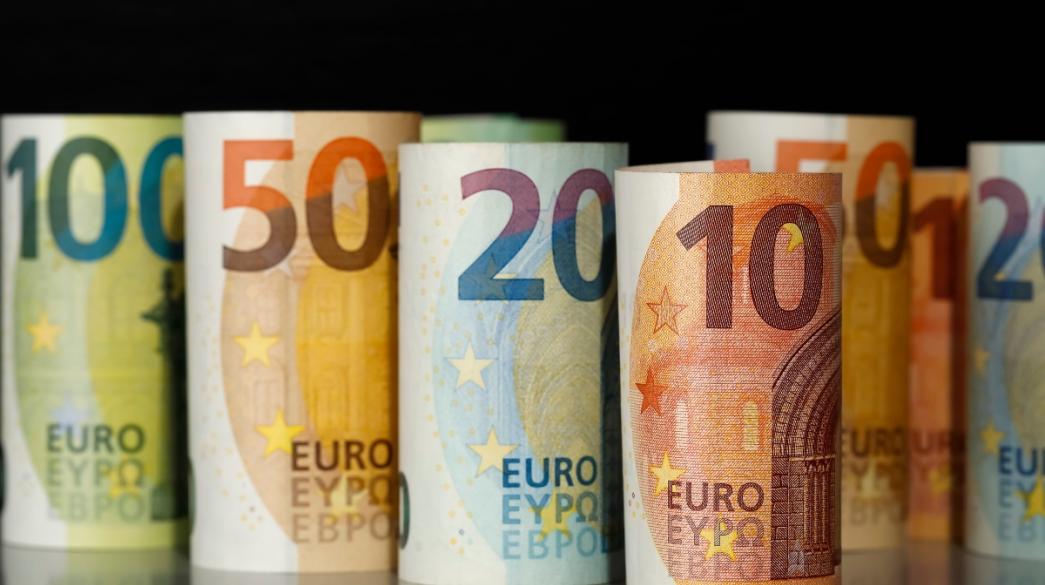Banks and the government often stress the significant increase in deposits after the pandemic and the decisive contribution they can make to the economic recovery, but a closer look at the situation raises concerns about whether the increase in deposits is really an increase in savings.
In fact, government officials single out the increase in deposits as being one of the main reasons for optimism concerning the country's recovery. As they point out, "the increase in bank deposits by over 24 billion euros since the beginning of 2020 corresponds to 14 percent of GDP. The rise in household bank deposits in Greece (compared to levels without the pandemic) are the second highest among OECD countries, following the US. Some of this money will return to the economy."
It is noted that the increase in deposits of the private sector, households and businesses, from the end of 2019 until today (April '21) reaches 24 billion euros with business deposits showing the largest increase, having increased by 8.6 billion (36.86 percent), while the deposits of other financial institutions have strengthened by 100 percent and insurance company deposits by 56 percent. Growth is lower for individuals, where deposits grew by 11.41 percent.
The big misunderstanding
According to analysts, the increase in deposits, in the midst of a pandemic, has created a large misconception: that the increase is a result of savings, money that will be poured into the economy once the conditions allow for it.
However, the increase in deposits is only barely linked to savings: deposits increased due to state-subsidized loans (TEPIX), non-payment of taxes and social insurance contributions and the distribution of government money through a repayable advance.
As bank officials acknowledge, the observed increase in deposits is offset by the increase in the public primary deficit (to 12.4 billion euros or 7.5 percent of GDP in 2020) and transfer payments from the EU.
In 2020, support measures for the economy from the pandemic reached 15 percent of GDP or 24.8 billion euros, ie that same as the increase in deposits.
In this light, bank sources point out that forecasts predicting that the increase of deposits will provide a big boost to consumption after the normalization of conditions in the economy are excessive.
It is noted that despite the significant recovery of deposits from July 2015 levels, when they plummeted to lows due to the economic crisis, deposits remain at much lower levels than pre-crisis levels (2009), especially for households.
YIANNIS PAPADOGIANNIS









